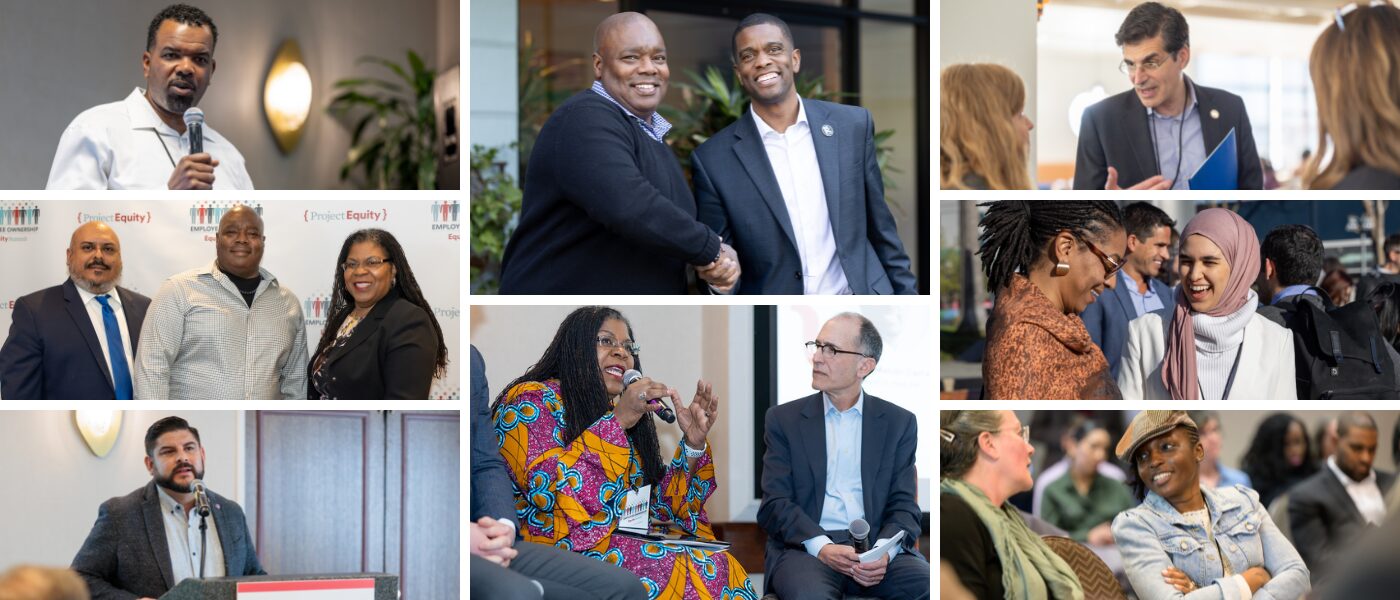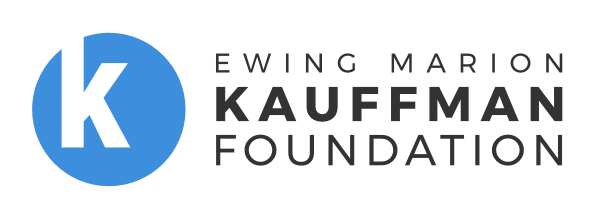In February, Project Equity hosted its inaugural Employee Ownership Equity Summit in Oakland, California. The Summit brought over 150 leaders from around the country to connect, learn and create action plans to harness the power of employee ownership to transform communities.
The first of what will be an annual event, the Employee Ownership Equity Summit is a three-day Summit of hand-selected participants from the financial, nonprofit, policy, government and business sectors, invited to discuss and explore the issues of job quality, business retention and inclusive economic development. The participants shared ideas and worked on action plans for leveraging broad-based employee ownership as a tool to help address these issues.
Participants represented national organizations including Living Cities, Results for America and the Urban Institute as well as local and regional finance, nonprofit, government and policy leaders. Another important part of the employee ownership ecosystem, business advisors – exit planners, financial advisors, lenders, lawyers and management consultants, were key to the discussion of bringing new business owners and businesses into the employee ownership fold.
The event was a mix of speakers sharing their experience with employee ownership as a strategy for building equitable economies, practical information sharing and regional working groups. Speakers included Mayors Melvin Carter of St. Paul, Minnesota and Jesse Arreguín of Berkeley, California and Tara Lynn Gray, Director of the California Office of the Small Business Advocate, who will lead the implementation of the recently passed California employee ownership act.

Some of the topics covered included:
The timeliness of the moment
The retirement of baby boomers means we are in the midst of a great wave of business ownership transfers – an opportunity to leverage employee ownership to preserve local businesses, strengthen local economies and create a path to business ownership for workers.
The importance of employee ownership in promoting economic resilience and sustainability
Employee ownership helps to stabilize businesses and communities by providing workers with a sense of ownership, shared responsibility and long-term incentives to build sustainable businesses that benefit everyone.
The role of employee ownership in addressing wealth inequality and economic insecurity
Employee ownership offers a pathway to build wealth and economic security for workers who often face systemic barriers to building wealth, such as low wages and limited access to capital.
A look into employee ownership transitions
Selling a business to its employees is not well understood. Information sessions and panels with employee owners provided insights into the process from financing and governance issues to building a culture of shared ownership and participation.
“We are at an inflection point in this country. Half of all privately held employer businesses are owned by baby boomers nearing retirement. This silver tsunami represents the greatest wealth transfer in American history. Our Employee Ownership Equity Summit seizes on this opportunity,” stated Evan Edwards, Chief Executive Officer at Project Equity. “We brought together the key players from around the country to connect, engage and work together to leverage employee ownership to transform local economies and build a path to equity for workers across the nation.”
The Employee Ownership Equity Summit showcased the growing momentum behind employee ownership as a powerful tool for building more equitable and inclusive economies. It highlighted the role that each participant plays in promoting employee ownership as a viable alternative to traditional ownership models, and participants left with actionable plans that Project Equity will be supporting them to implement between now and next year’s Summit.
Many thanks to our Summit sponsors



